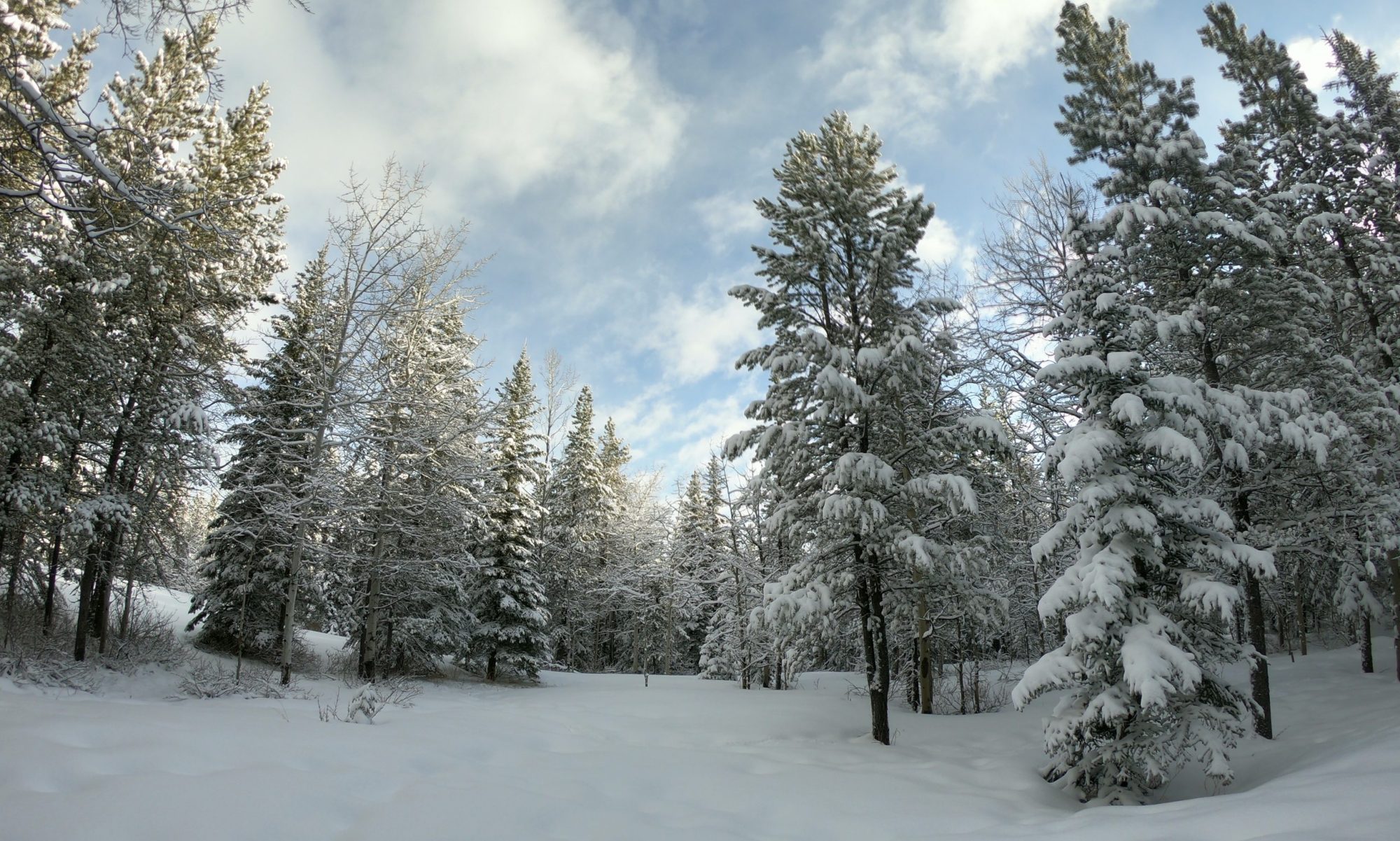About a week before I am writing this post, the official Twitter for Lodge Cast Iron posted a simple question: “Soap or no soap?”
About fifty people weighed in on the debate, asserting a broad range of opinions from both Team Soap and Team No Soap.
For the uninitiated the argument goes something like this:
For much of the long history of cast iron cookware, soap was a harsh chemical usually derived from a process involving lye. These natural soaps would chew through the seasoning of a cast iron pan. Soap-free techniques for salting, scrubbing, cleaning, heating, and oiling a recently-used pan have long been refined and shared among cast iron users, passed down as general means of care and tending of cookware.
But soaps are now mostly gentle chemical concoctions that bear little resemblance to the soaps of our great-grandparent’s era. Couple that with an overall aversion for most people to use something that hasn’t been scrubbed clean with a squirt of lemon-scented goo, and many people will tell you that no, actually soap isn’t going to harm your pan.
Team Soap asserts that almost all modern dish soaps are fine, and so long as you dry and oil your cast iron your pans will be just fine.
Team No Soap argues back that soaps, harsh or not, are unnecessary as there are techniques and tools to clean a pan without that product. And, oh-by-the-way anything that doesn’t help your seasoning is possibly hurting it.
Personally, I don’t use soap.
I fall into the Team No Soap camp because I stick to the core rule that whatever I put in my pans is either improving or degrading the seasoning.
Soap, in my opinion, no matter how gentle is not helping the seasoning so thus it is degrading it.
If I’m going to degrade my seasoning, it’s going to be from cooking something delicious to eat, not for taking a cleaning shortcut.
That said I will invoke my other rule, that is my Rule of Participation: anyone who participates in something should be encouraged to do so even if it means shortcutting or bending the rules of best practice at the beginning because eventually they will grow their knowledge and either change themselves towards the norm, or shift the normal to something better.
In other words, if a little soap is going to get more people into cooking with cast iron, great! As they learn, invest, and practice they will either see things with a different eye or will bring new evidence to the table for the rest of us.
Should you avoid soap on your cast iron pan? I think so… but don’t get so hung up on the question that you switch back to aluminum. A little soap is probably just fine.



